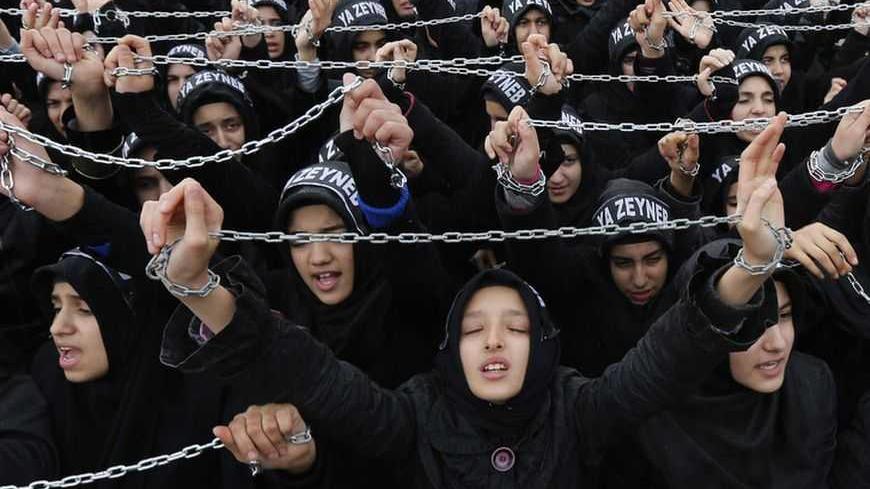One of the principle results of the 2003 U.S. invasion of Iraq was that it released the Shiite genie out of the Middle East bottle. Clearly, in retrospect, the implication of Iraq’s demographic makeup — in which the Shiites constitute the overwhelming majority — was not considered sufficiently by the Bush administration at the time.
The result, with foreign Sunni Jihadist groups pitching in to turn the country into a sectarian bloodbath, is an increasingly polarized Iraq which has come to the brink of division along ethnic and sectarian lines. The U.S. invasion of Iraq also worked to predominantly Shiite Iran’s advantage, providing Tehran the opportunity to expand its regional influence by playing the sectarian card.



